Russia publishes security demands from NATO amid Ukraine escalation
Russia has for the first time spelled out an array of security guarantees that it wants the United States and its NATO allies to commit to, in an attempt to defuse the escalation of a dangerous security situation near its border.
Moscow sent the provisions in full in a proposal to Washington this week, describing them as essential requirements for lowering tensions in Europe and defusing the current crisis over Ukraine.
The US, its NATO allies, and Ukraine accuse Moscow of amassing troops near Ukraine's border for a possible invasion. Russia says there is no such plan. Moscow also says Washington is involved in aggressive moves in the Black Sea, where Ukraine and the US have held military drills recently.
"The line pursued by the United States and NATO over recent years to aggressively escalate the security situation is absolutely unacceptable and extremely dangerous," Deputy Foreign Minister Sergei Ryabkov told reporters on Friday.
Calling on the West to take the proposals seriously, Ryabkov said that Moscow was not willing to put up with the current situation any more.
He also called on Washington to come up with a constructive response.
Ryabkov said Moscow called on the West to "immediately stop regular hostile actions against our country, including unscheduled exercises, dangerous rapprochements and maneuvers of military ships and planes, and stop the military development of Ukrainian territory."
He also said Russia was ready to start talks as soon as Saturday, with Geneva as a possible venue, and its negotiating team was ready.
But he had been quoted earlier by the Interfax news agency as saying that Washington and NATO were so far rejecting the ideas and their response was not encouraging.
Russia's security package reportedly contains elements — such as an effective Russian veto on NATO membership for Ukraine — that the West has already ruled out.
Here are some key points of Russia's security proposal, summarized by the RIA news agency:
- to rule out further NATO expansion and Ukraine's accession to the alliance;
- to abandon any NATO military activities in Ukraine, Eastern Europe, the Caucasus and Central Asia;
- not to deploy intermediate and shorter-range missiles where they can hit the territory of the other side;
- not to conduct exercises with more than one military brigade in an agreed border zone, and to regularly exchange information about military exercises;
- to confirm that the parties do not consider each other as adversaries, and agree to resolve all disputes peacefully and refrain from the use of force;
- to commit not to creating conditions that might be perceived as a threat by the other party;
- and to create hotlines for emergency contacts.
Russian President Vladimir Putin has previously warned against further expansion by NATO toward his country. He said the Kremlin wanted security talks with the West to begin without delay.
Hamas rebukes Trump's 'Board of Peace' meeting
Iran and Saudi FMs discuss outcomes of latest indirect Iran-US talks
VIDEO | Maritime anti-terrorism drill
UK's police arrest ex-prince Andrew over sex scandal linked to Epstein
Iran elected vice-chair of UN Special Committee on Charter
Iran envoy says decision made to exchange ambassadors with Egypt
Russia continues to develop relations with Iran: Kremlin
VIDEO | Friends of Palestine meet at UN in Vienna


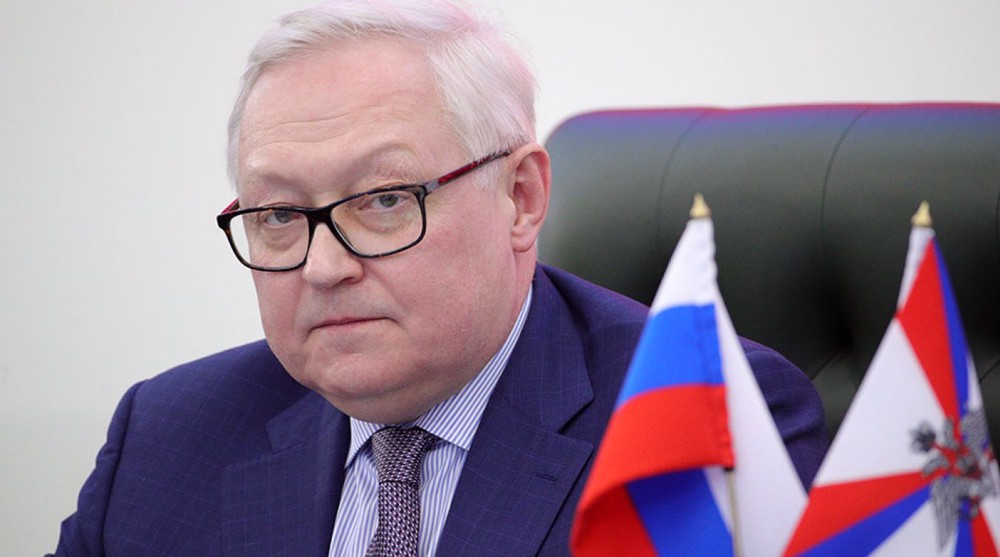
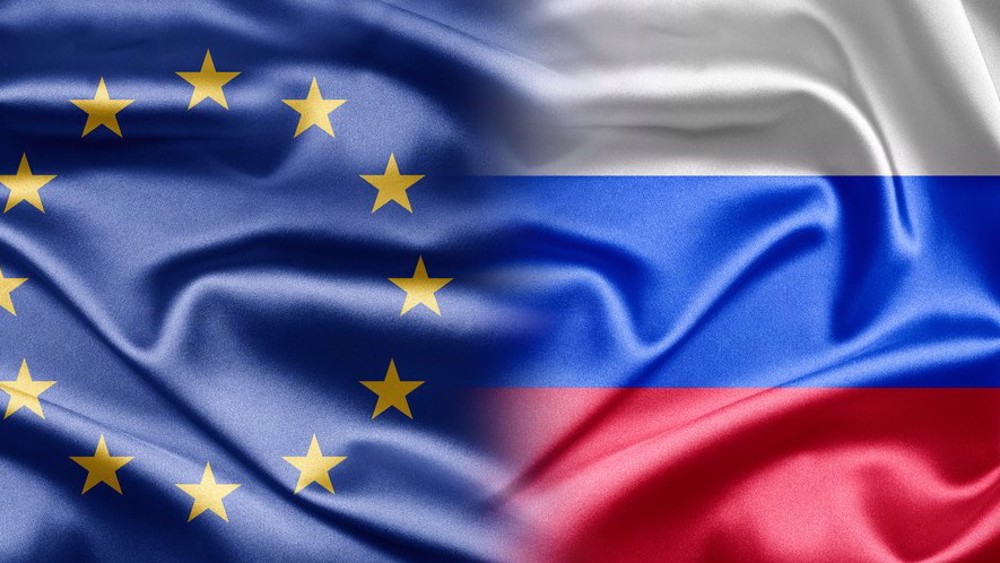
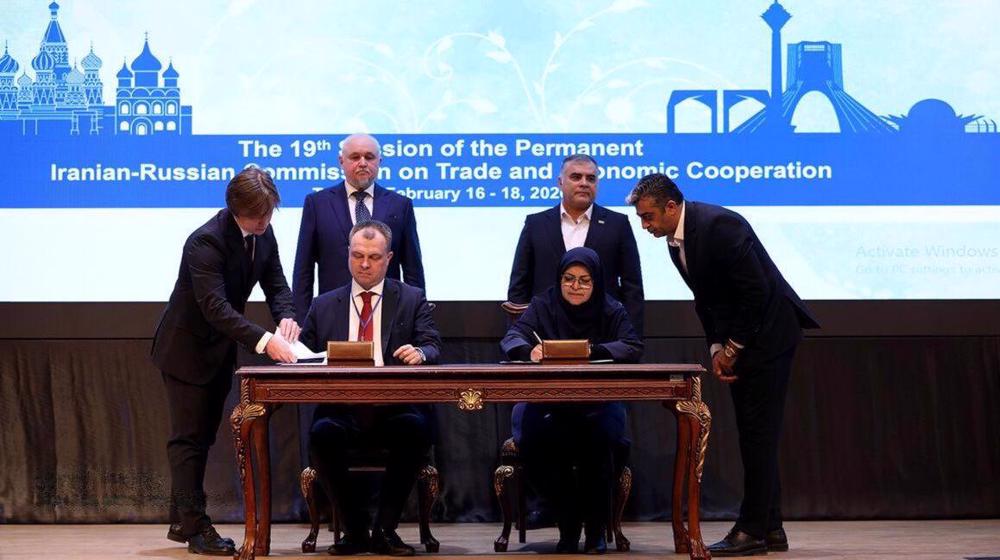
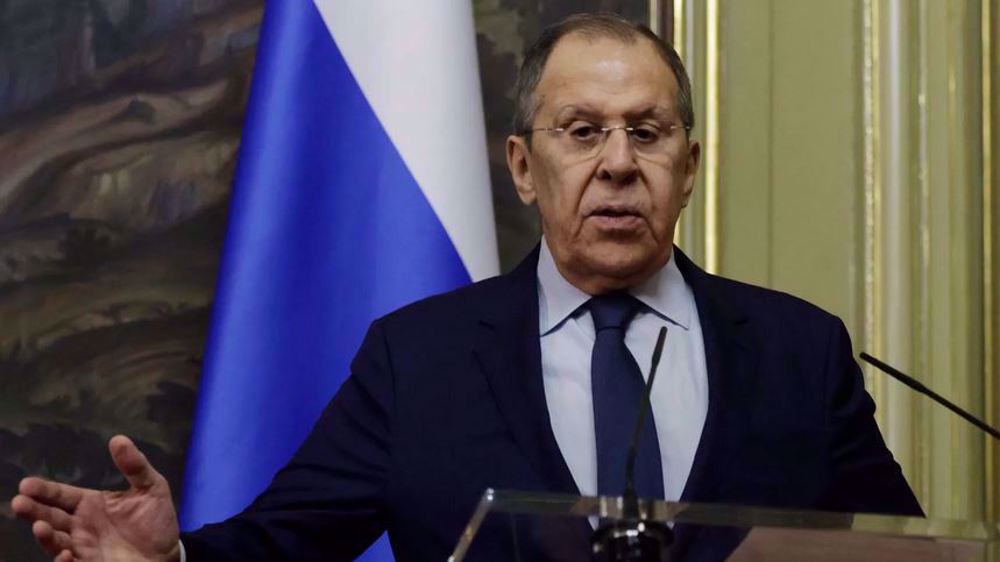
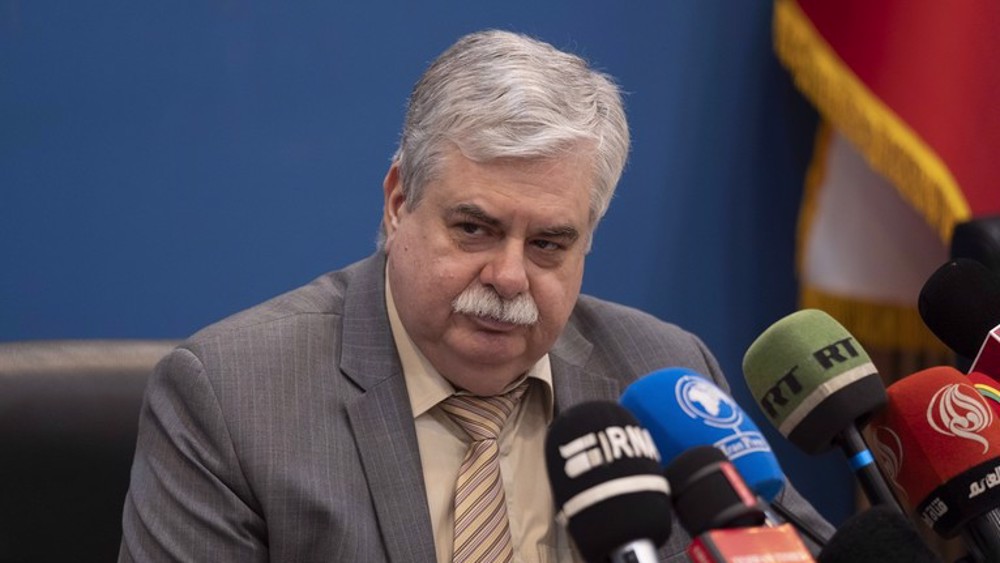



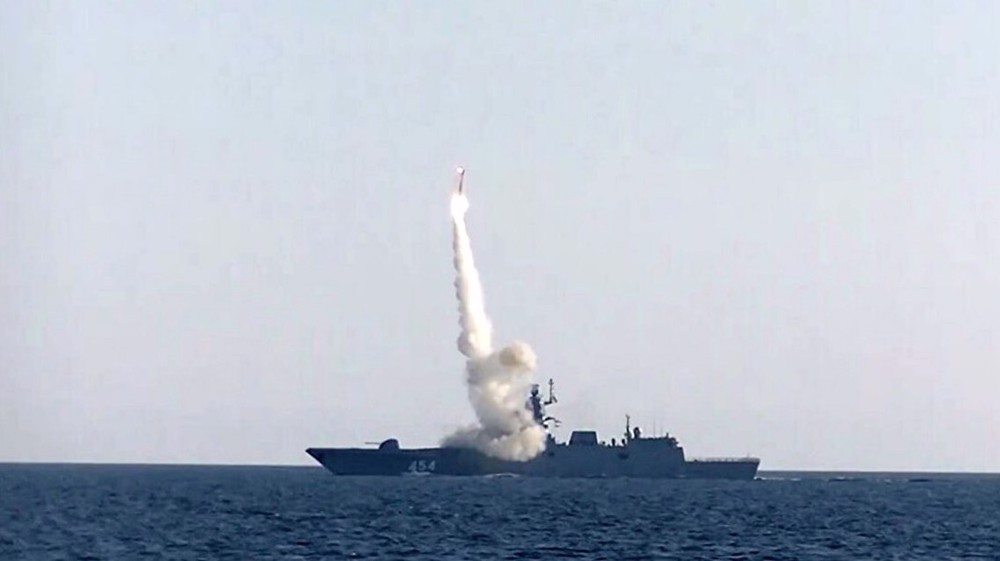
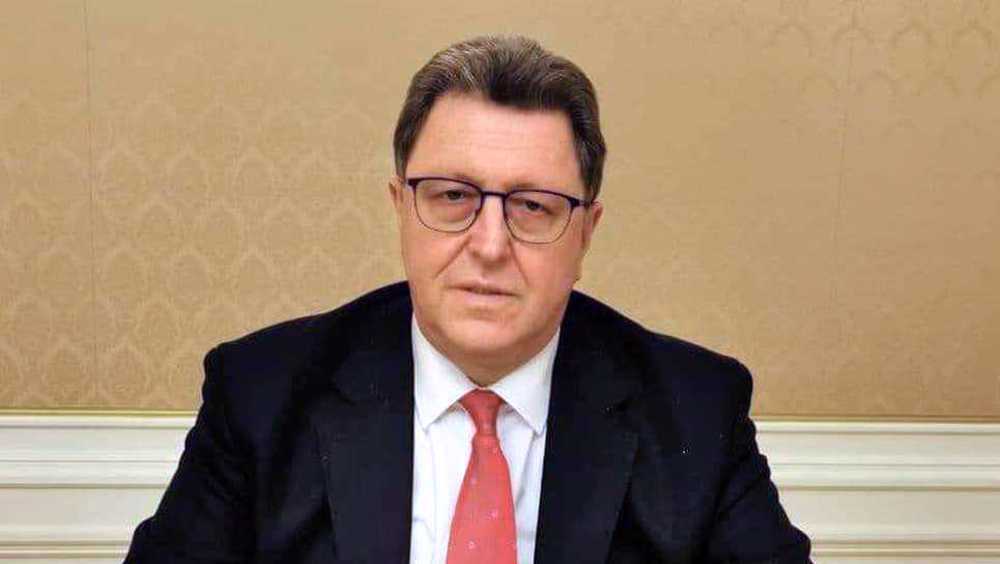

 This makes it easy to access the Press TV website
This makes it easy to access the Press TV website